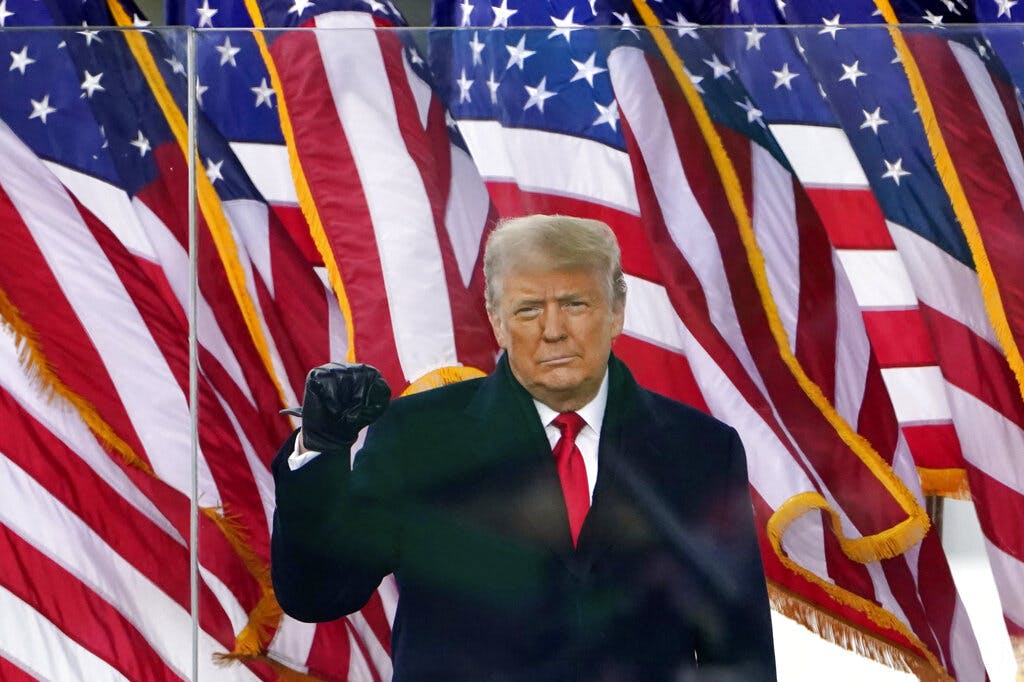
Florida Freeze Prompts Roundup of Cold-Stunned Iguanas as Thousands Fall From Trees
By LUKE FUNK
|Hearing is set for February 8 as he calls for a ‘swift and decisive end’ to efforts nationwide to block him from the presidential ballots.

Already have a subscription? Sign in to continue reading
$0.01/day for 60 days
Cancel anytime
By continuing you agree to our Privacy Policy and Terms of Service.
By THE NEW YORK SUN
|